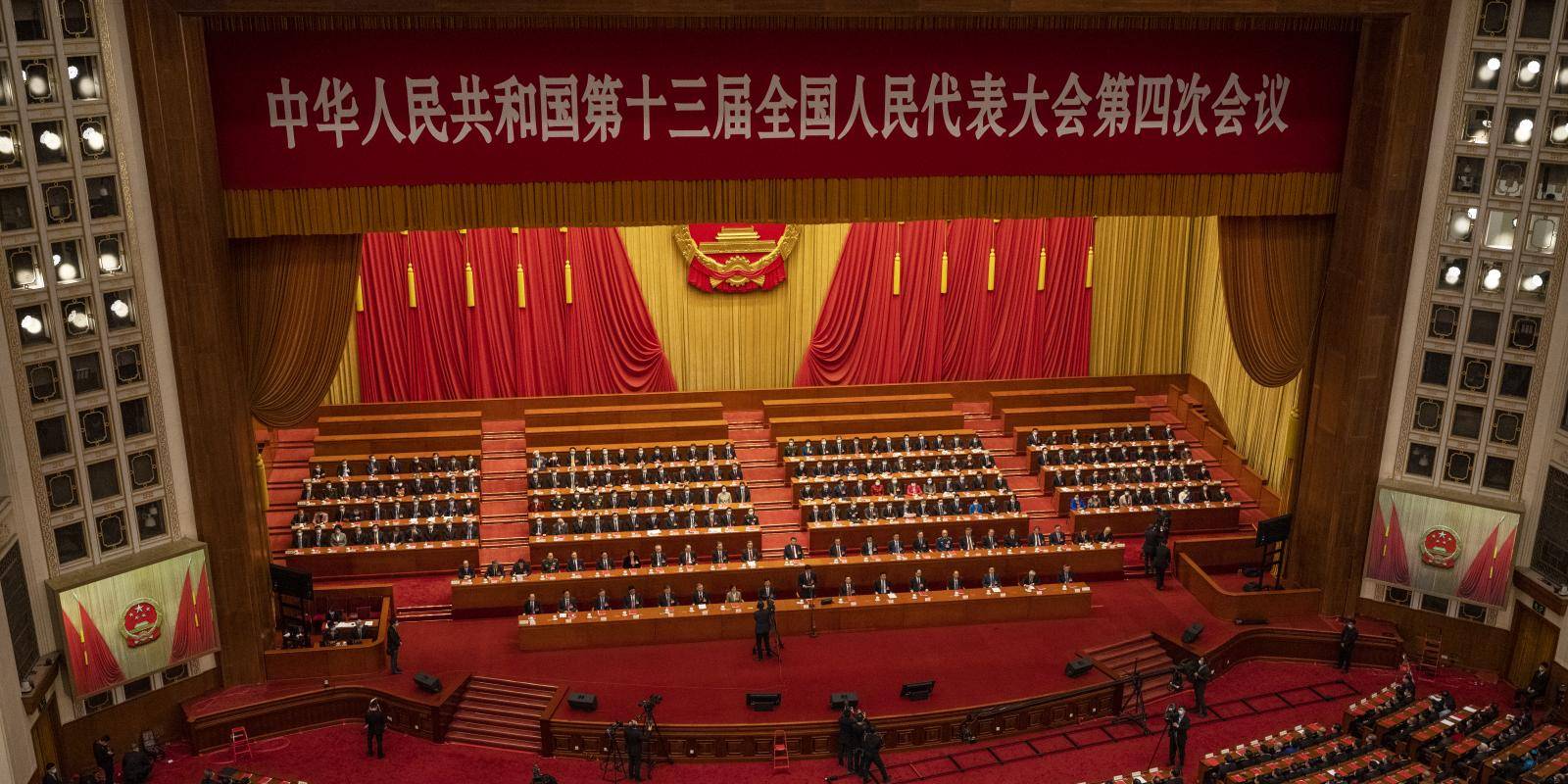
This briefing paper challenges the conventional wisdom that China functions as a unitary player in its foreign policymaking process. In reality, Beijing’s approach to external issues is a result of intense bargaining between numerous subnational authorities with a wide range of objectives.
The number of central government institutions, provincial-level authorities and major state-owned enterprises with influence over the country’s foreign policy has increased as China’s international relations have become more complex.
This shift in the decision-making process has opened up an opportunity for specialized government institutions – often with a domestic remit – that can provide specific expertise and knowledge. This paper presents three case studies that demonstrate the influence of these subnational actors.
As the world figures out how to work with China on major global issues, such as climate change, a deeper understanding of the foreign policy decision-making process may hold the key to successful cooperation going forward.
No comments:
Post a Comment